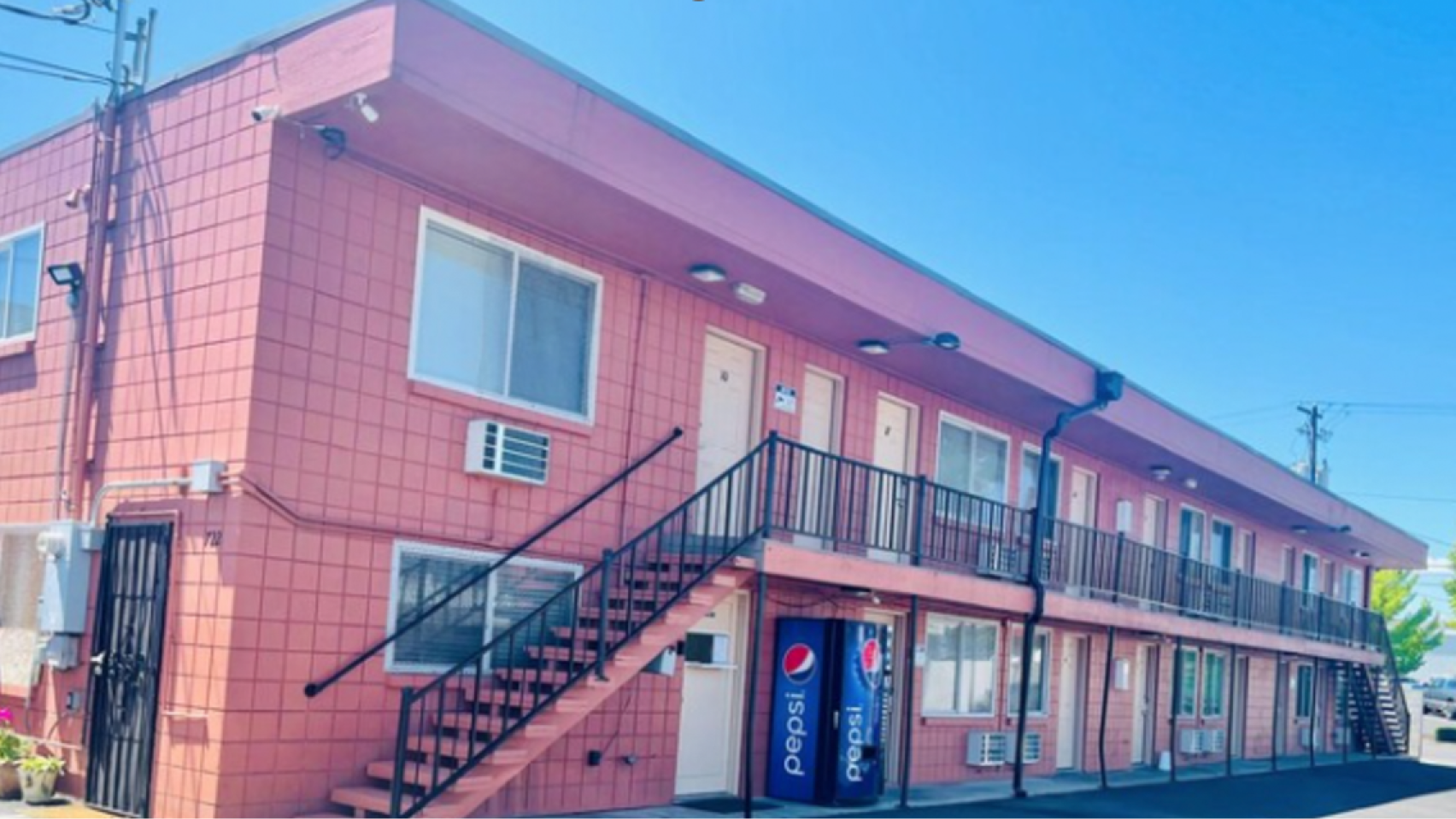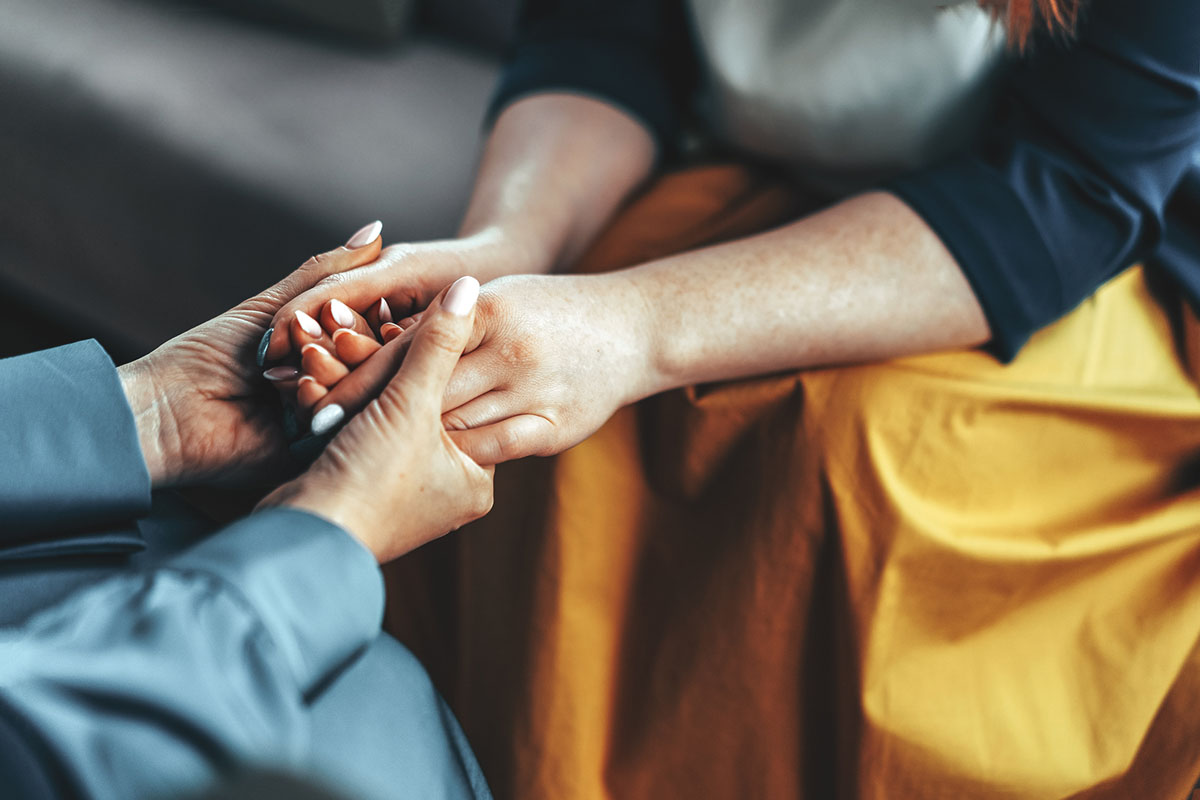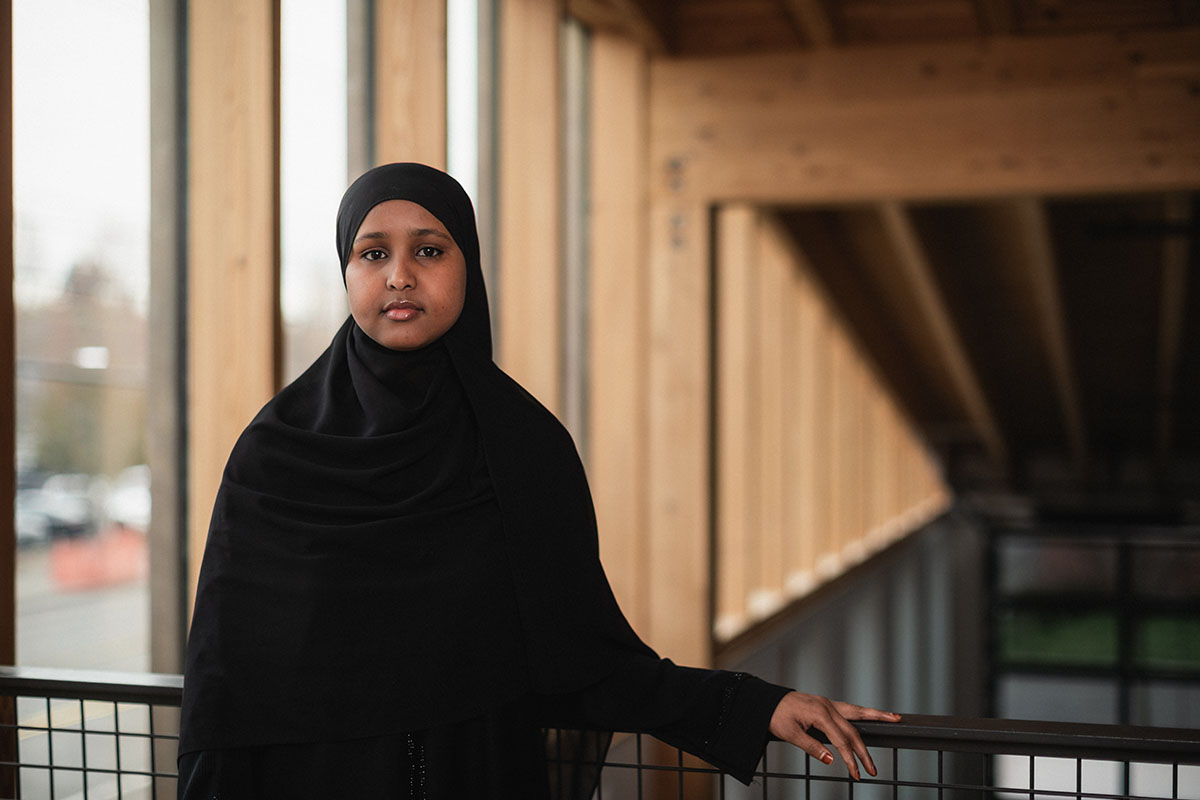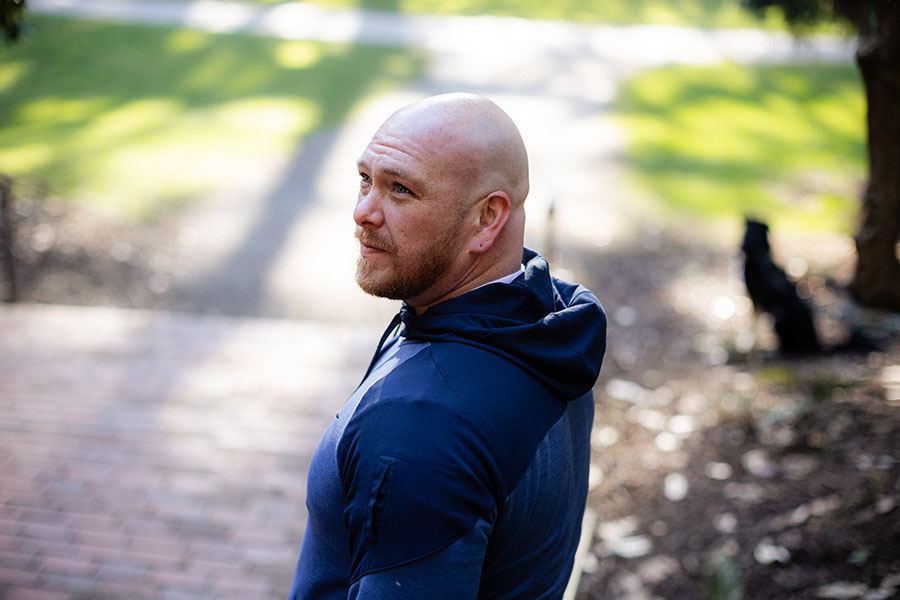Jackson Care Connect: удовлетворение потребностей наших участников в области психического здоровья

Люди в сельской местности могут сталкиваться с уникальными проблемами, связанными с психическим здоровьем и доступом к услугам по его охране. По сравнению с жителями более густонаселенных общин американцы в сельской местности чаще страдают депрессией, но гораздо реже обращаются за услугами по охране психического здоровья. Уровень самоубийств среди жителей сельской местности почти в два раза выше, чем в крупных городах: 20,5 на 100 000 жителей против 10,9 на 100 000 соответственно.
Как и в других общинах Орегона, в районе Медфорда наблюдается рост числа людей, обращающихся за помощью в связи с проблемами психического здоровья. Jackson Care Connect (JCC) видит необходимость и сосредотачивается на развитии тесных партнерских отношений, которые она выстроила за эти годы в сплоченном сообществе.
JCC использует три стратегии, чтобы помочь своим членам в Медфорде и прилегающих районах на юге штата Орегон позаботиться об их психическом здоровье. Она сосредоточена на инновациях и партнерстве, чтобы помочь участниками на местах.
«Она разбивается на три основных направления, которые определяют нашу работу», — говорит Джулия Джексон (Julia Jackson), LPC, директор JCC по охране психического здоровья.
Джексон описала их следующим образом:
- Поддержание сети медицинских услуг с несколькими типами поставщиков, поддерживающих людей на пути к психическому здоровью или избавлению от зависимости от психоактивных веществ.
- Координация коммуникации между организациями для эффективного использования финансирования
- • Совершенствование региональных фондов услуг по охране психического здоровья для наиболее малообеспеченных участников программы.
Помощь провайдерерам в Birch Grove
Одним из примеров такого подхода является Центр здоровья Birch Grove, некоммерческая организация в Медфорде, финансируемая CareOregon. La Clinica предоставляет услуги этого медицинского центра в партнерстве с Options of Southern Oregon, Columbia Care Services, ARC и On Track. Birch Grove обслуживает население с высокими потребностями, насчитывающее более 1 300 человек. Он обеспечивает немедленный доступ к первичной медико-санитарной помощи, связывая людей с поставщиками услуг по охране психического здоровья из партнерских агентств, которые также работают в этом центре. Сотрудничество продвигает подход, ориентированный на здоровый образ жизни, и обеспечивает постоянный доступ для людей с более серьезными потребностями, снижая при этом общие затраты.
Как попасть в PHLOW
Еще одной мерой JCC является финансирование программы PHLOW в La Clinica. Цель состоит в том, чтобы участники программы могли оставаться со своим лечащим врачом и получать надлежащий уровень ухода, сохраняя при этом доступ к специализированным службам неотложной помощи, когда это необходимо.
«Это действительно инновационная модель того, как психиатрические консультации по поведенческому здоровью предлагаются поставщикам первичной медико-санитарной помощи, чтобы они могли чувствовать себя более уверенно, обслуживая людей с острыми проблемами», — говорит Джексон.
Детали модели были недавно опубликованы в научном отчете Американской психологической ассоциации. В докладе описывается потенциальное снижение тревожности и депрессии у пациентов, участвующих в программе PHLOW, что совпало с уменьшением количества заявлений об ухудщении психического здоровья.
Увеличение количества мест для экстренного проживания при содействии Big Pinky
В сотрудничестве с OnTrack Rogue Valley, одним из партнеров JCC по лечению наркозависимости, JCC также финансирует реконструкцию местного здания в Медфорде, известного как мотель Sis Q. Это розовое здание на 12 номеров ласково известно как «Большой Пинки». Как только оно откроется, оно станет временным убежищем для тех, кто ожидает стационарного лечения.
При поддержке партнеров JCC работает над удовлетворением потребностей своих членов в области психического здоровья, от первичной медико-санитарной помощи до временного приюта.
«Наши партнеры отзывчивы и изобретательны, — говорит Джексон, — и мы готовы сочетать эту энергию с нашей поддержкой».









